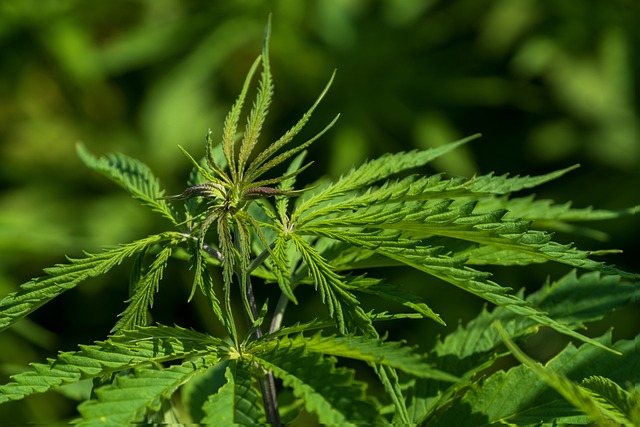Top Benefits of THCa Flower: A Non-Psychoactive Option for Wellness
In recent years, the interest in cannabis and its derivatives has surged, with many seeking alternatives that offer therapeutic benefits without the psychoactive effects. THCa flower, a non-psychoactive compound found in raw cannabis, has emerged as a promising option for those looking to enhance their wellness routines. This article explores the top benefits of THCa flower reviews, supported by research and real-world examples.
Understanding THCa: The Basics
THCa, or tetrahydrocannabinolic acid, is a cannabinoid found in the raw cannabis plant. Unlike THC, which is known for its psychoactive properties, THCa does not produce a “high.” This makes it an attractive option for individuals seeking the therapeutic benefits of cannabis without the mind-altering effects.
How THCa Works
THCa interacts with the body’s endocannabinoid system, which plays a role in regulating various physiological processes. By binding to cannabinoid receptors, THCa can influence functions such as mood, appetite, and pain perception. This interaction is key to understanding the potential health benefits of THCa flower.
Health Benefits of THCa Flower
Research and anecdotal evidence suggest that THCa flower offers a range of health benefits. Here are some of the most notable:
- Anti-Inflammatory Properties: THCa has been shown to reduce inflammation, making it a potential option for those with conditions like arthritis or inflammatory bowel disease.
- Neuroprotective Effects: Studies indicate that THCa may protect brain cells, which could be beneficial for individuals with neurodegenerative diseases such as Alzheimer’s or Parkinson’s.
- Antiemetic Benefits: THCa has been found to alleviate nausea and vomiting, particularly in patients undergoing chemotherapy.
- Pain Relief: Many users report that THCa helps manage chronic pain without the side effects associated with traditional pain medications.
- Antioxidant Properties: As an antioxidant, THCa can help combat oxidative stress, which is linked to various chronic diseases.
Case Studies and Research
Several studies have highlighted the potential of THCa as a therapeutic agent. For instance, a 2013 study published in the British Journal of Pharmacology found that THCa exhibited anti-inflammatory and neuroprotective properties in animal models. Another study in 2017 demonstrated THCa’s potential in reducing nausea and vomiting in chemotherapy patients.
Real-world examples further underscore the benefits of THCa flower. Patients with chronic pain conditions have reported significant improvements in their symptoms after incorporating THCa into their treatment plans. Similarly, individuals with inflammatory conditions have experienced reduced swelling and discomfort.
How to Use THCa Flower
THCa flower can be consumed in various ways, each offering unique benefits:
- Raw Consumption: Eating raw cannabis leaves or flowers preserves the THCa content, allowing users to benefit from its non-psychoactive properties.
- Juicing: Juicing raw cannabis is a popular method for those looking to incorporate THCa into their diet. This method retains the full spectrum of cannabinoids and terpenes.
- Tinctures and Capsules: These products offer a convenient way to consume THCa, with precise dosing and no need for preparation.
Legal Considerations
The legal status of THCa flower varies by region. In some areas, it is classified similarly to other cannabis products, while in others, it may be considered legal due to its non-psychoactive nature. It’s important for consumers to research local laws and regulations before purchasing or using THCa products.
Conclusion
THCa flower presents a compelling option for those seeking the therapeutic benefits of cannabis without the psychoactive effects. With its anti-inflammatory, neuroprotective, and pain-relieving properties, THCa offers a versatile addition to wellness routines. As research continues to uncover the full potential of this cannabinoid, more individuals may turn to THCa flower as a natural, non-psychoactive solution for their health needs.
